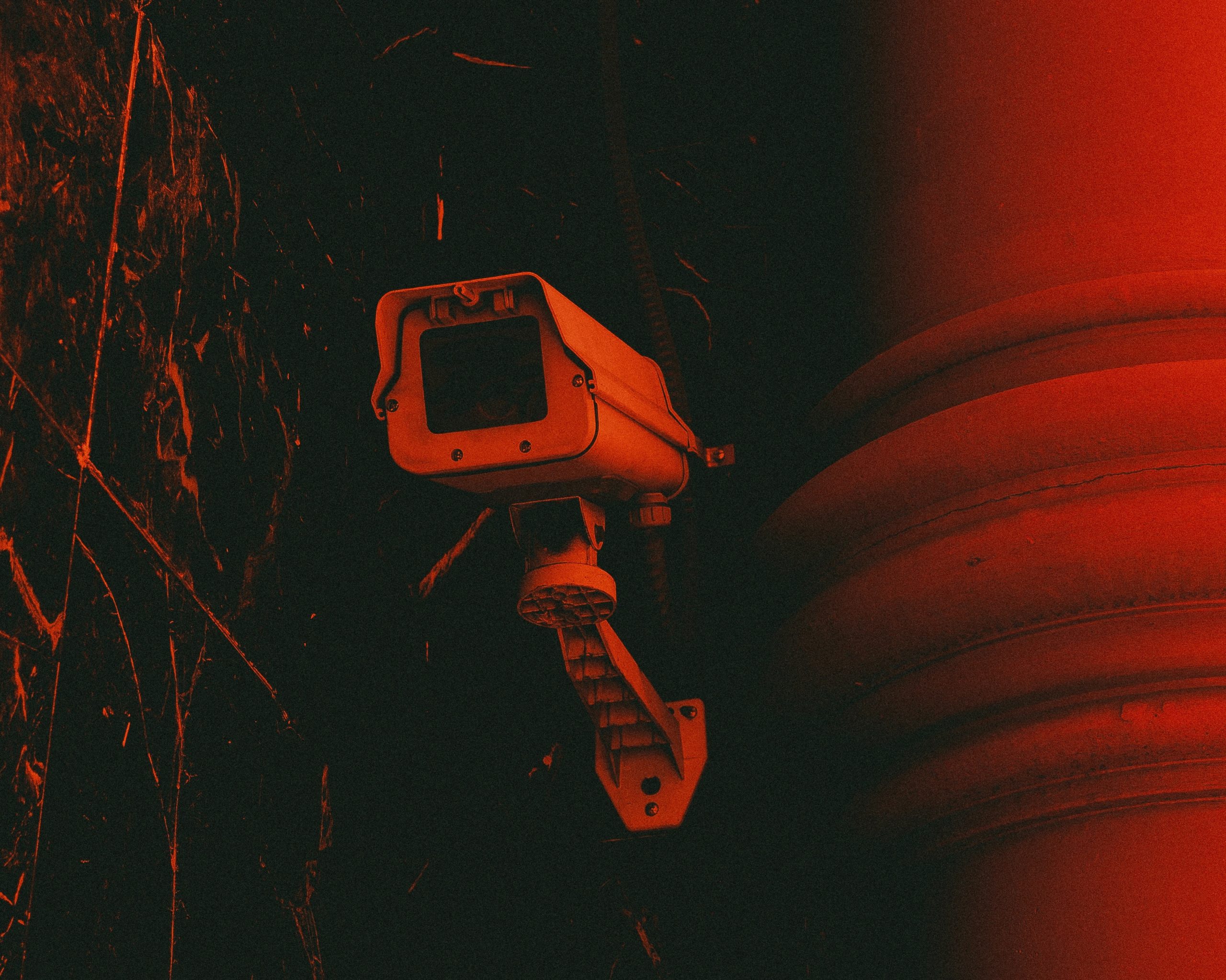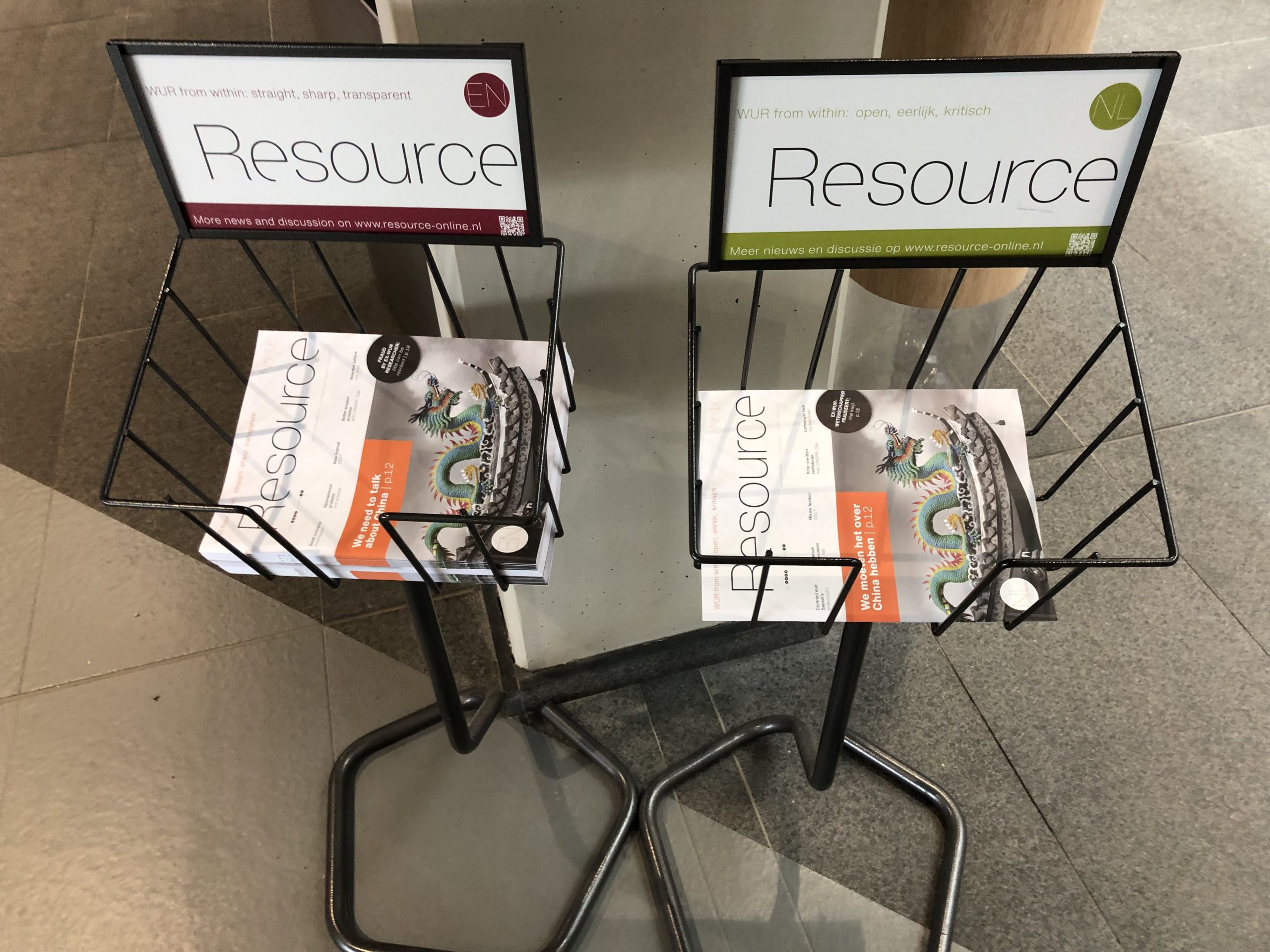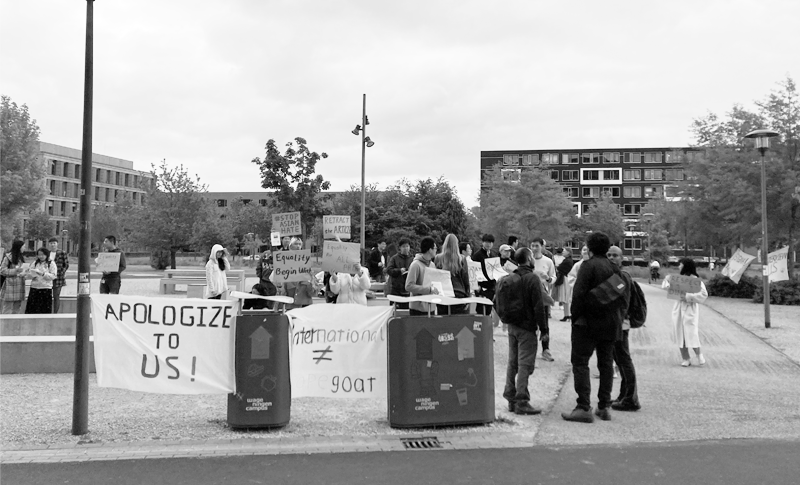The House of Representatives feels that education institutes should analyse the possible risks to their knowledge security in more detail. But a motion to ban all Chinese students and researchers from “sensitive” domains was rejected on Wednesday.
In The Hague, there is increasing concern that ill-intentioned foreign powers use Dutch scientific knowledge. China, in particular, causes concern after revelations about how the TU Delft unintentionally assists the Chinese army and the shady funding of the now-closed human rights centre at the Vrije Universiteit.
Risk domains
Minister Dijkgraaf announced in February that the supervisory boards of universities and university colleges must ensure that the binding agreements on knowledge security are followed. In June, he went one step further and demanded that external parties must oversee compliance and announced national guidelines for the vetting of international scientists seeking access to ‘risk domains’ such as technical nuclear sciences.
But representative Hatte van der Woude (VVD) feared that not all educational institutes are sufficiently aware of the critical importance of knowledge security and teamed up with the CDA party two weeks ago to request more detailed risk analyses and external checks from the institutes. That motion was accepted almost unanimously on Tuesday afternoon.
A motion by Forum voor Democratie to ban Chinese students and researchers from all sensitive knowledge domains, which the minister had previously advised against, did not achieve a majority vote. The PVV, SGP, Fractie Den Haan and BBB voted in favour of the motion.

 Knowledge security calls for increased vigilance, but not for a ban on Chinese students and researchers, says Second Chamber. Photo Parker Coffman via Unsplash
Knowledge security calls for increased vigilance, but not for a ban on Chinese students and researchers, says Second Chamber. Photo Parker Coffman via Unsplash


